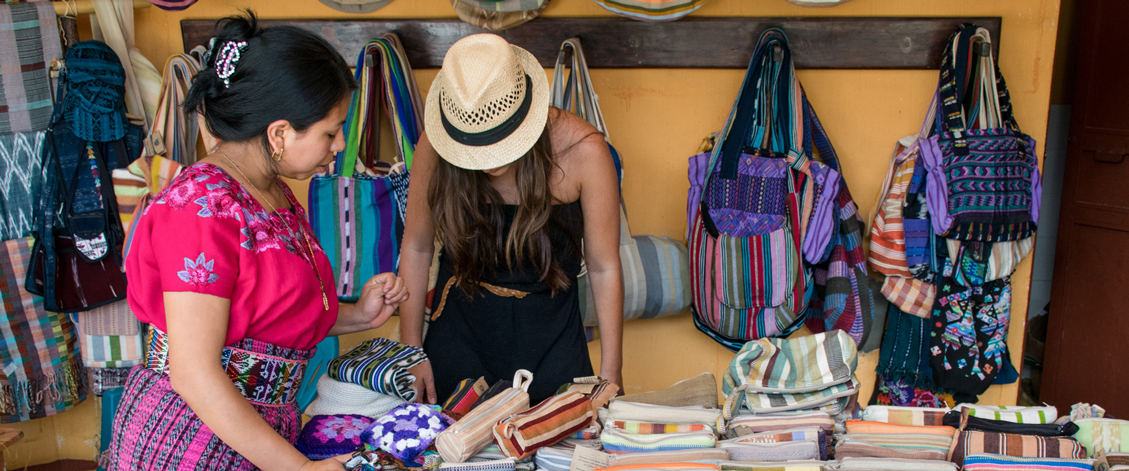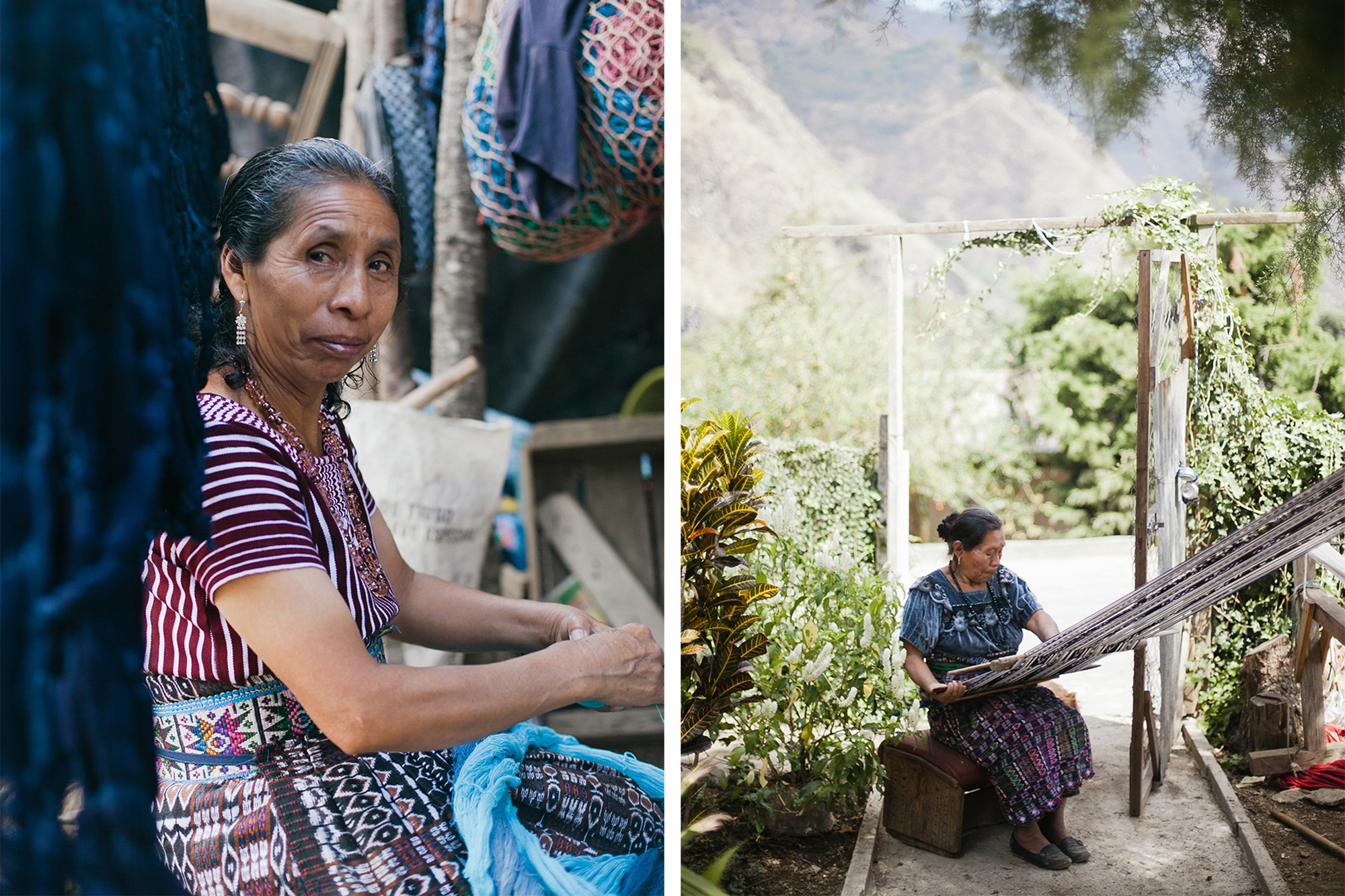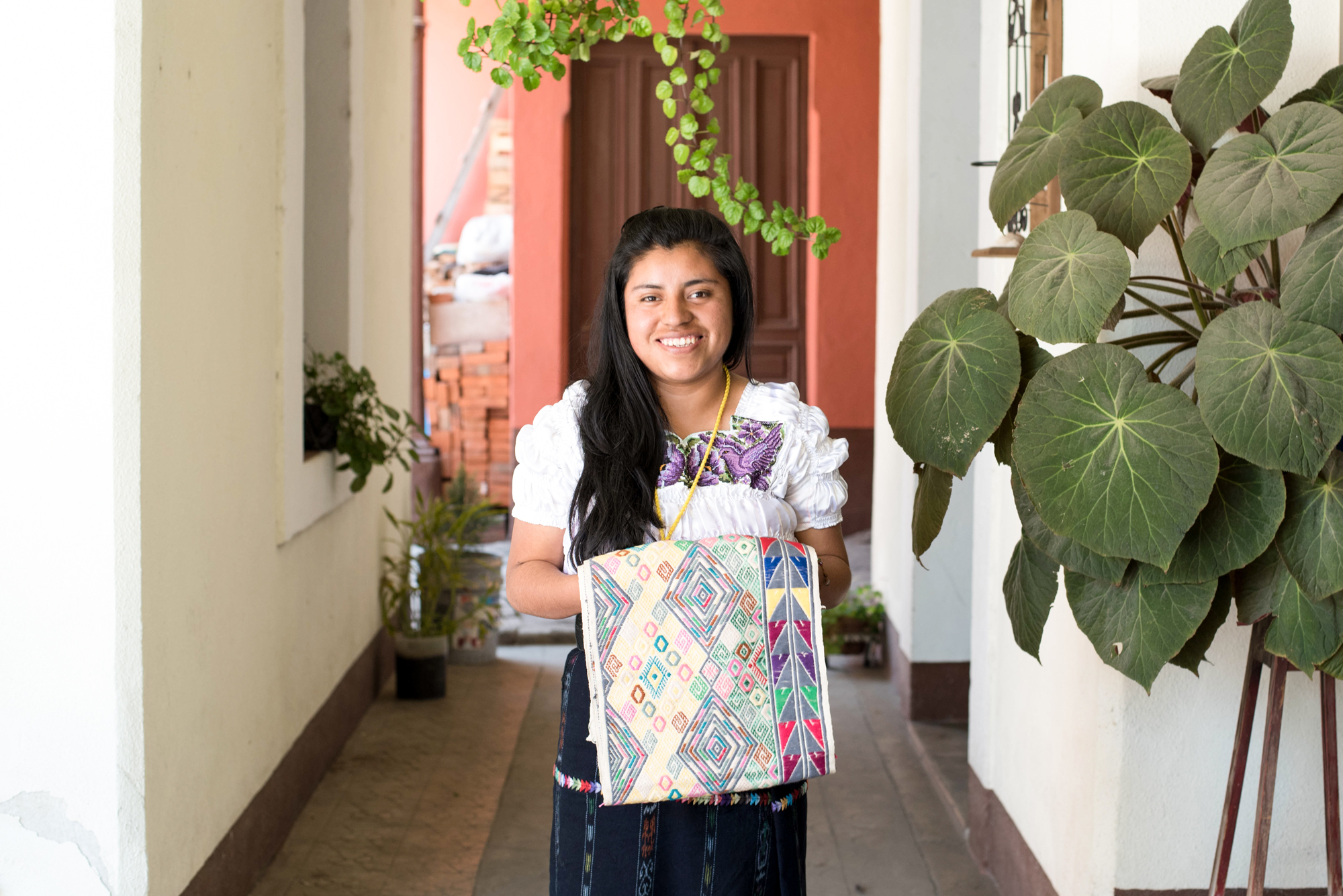Why?
First, there is a time and place for aid and for work. Places dealing with war, natural disaster, and extreme hunger are in need of food, water, shelter, supplies, and health care. Everything these people know is being stripped away and they are in desperate need of empathy and generosity. But, just like humans after a personal tragedy, there’s a time when we need to move on. There is strength in being able to get on our own two feet again. Again, I’m not saying aid is bad. My dad was a bush pilot, flying tiny airplanes into remote villages to get food and doctors into places that were in desperate need. A lot of great organizations like Mission Aviation Fellowship (https://www.maf.org/), Samaritan’s Purse, (http://www.samaritanspurse.org/)and Doctors Without Borders (http://www.doctorswithoutborders.org/) are providing aid in ways that are necessary and doing it very well. But, at some point, the poor and marginalized aren’t in crisis mode anymore. They are ready to rebuild, to create, to work. And they are smart enough, talented enough, and driven enough to do it without a hand out.







